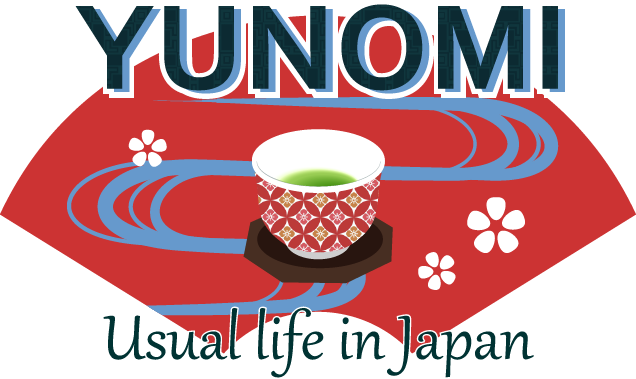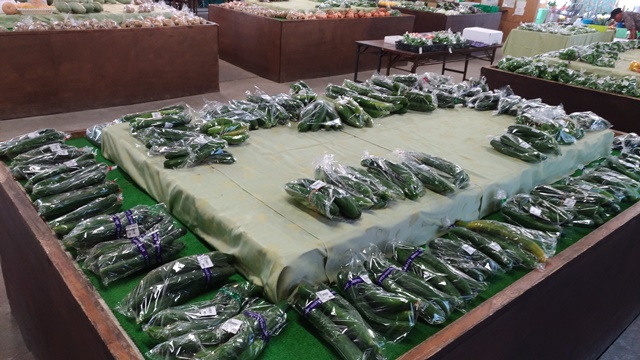Farmers’ markets in Japan (chokubai-jo) are direct-sale produce markets where local growers sell freshly harvested vegetables, often picked the same morning.
Unmanned veggie stalls are small roadside stands that use an “honesty box” system—take what you need and leave the payment in a coin box.
Both are everyday parts of rural (and semi-rural) life.
And both reveal something quietly powerful about Japan: food shopping can be personal, community-based, and built on trust.
Why These Places Feel Different
In Japan, buying vegetables can feel surprisingly personal.
At direct-sale markets—or tiny unmanned roadside stalls—you’re not just buying food. You’re connecting with the people who grew it.
What Is a Japanese Farmers’ Market (Chokubai-jo)?
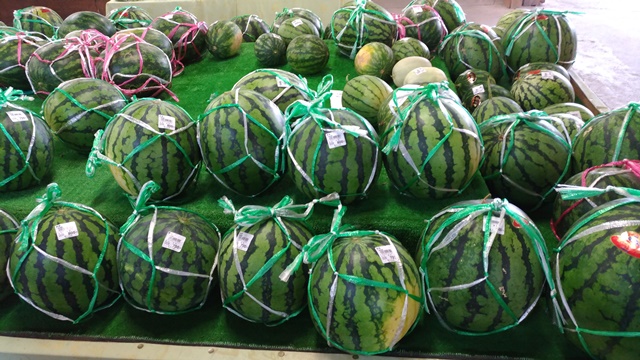
A Japanese farmers’ market is a direct-sale market where producers sell local vegetables, fruit, and homemade foods without going through large distributors.
These markets are commonly called chokubai-jo.
You’ll find them across the country, especially near farming areas and along scenic routes popular for weekend drives.
Why locals love them
- Freshness: Produce is often harvested just hours before it’s sold.
- Flavor differences by farmer: Even the same vegetable can taste different depending on soil and growing style.
- Seasonal discovery: You’ll see regional varieties and “today-only” items.
- Community feel: Many stalls show a farmer’s name, photo, or a short handwritten note.
It’s common to hear locals say, “We always buy Mr. Tanaka’s tomatoes—they’re the sweetest!”
That’s not marketing. It’s community knowledge.
What You’ll Find Besides Vegetables
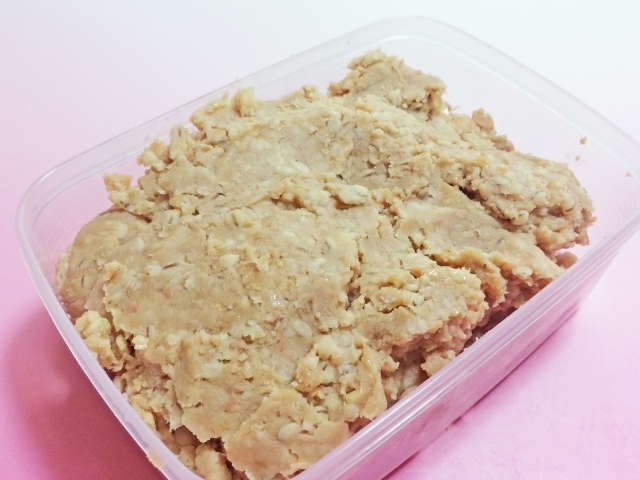
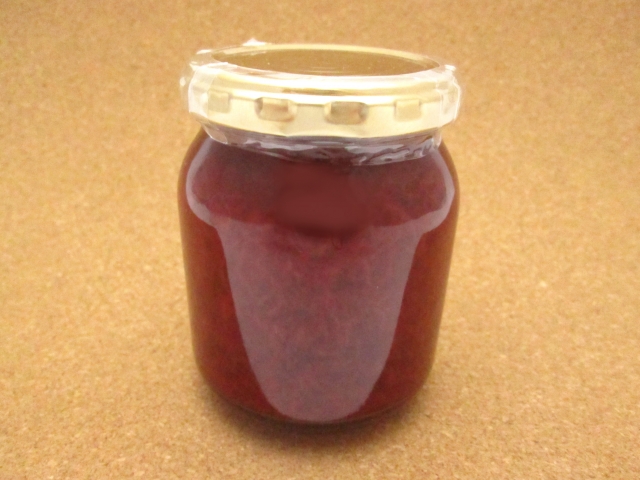
Many direct-sale markets are also mini showcases of local home cooking.
Alongside produce, you might find:
- homemade jams and pickles
- miso, sauces, and fermented foods
- local sweets and simple baked goods
- seasonal specialties tied to the region
Shopping here can feel less like a transaction and more like visiting neighbors who are proud of what they make.
Some larger markets also have tasting corners or small food stalls, so you can try local flavors on the spot.
What Is an Unmanned Veggie Stall in Japan?
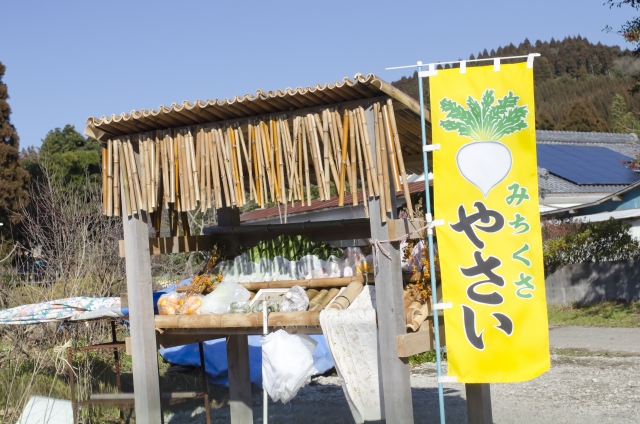
An unmanned veggie stall is a small roadside produce stand where customers select items and pay by leaving coins (or bills) in a box—without staff present.
You’ll often spot them beside rice fields, near quiet intersections, or along roads locals use daily.
They can be as simple as a wooden shelf under a small roof.
Vegetables are usually pre-bagged, and prices are written on a sign.
Sometimes you’ll also see a handwritten note, like: “I’m out in the field—please leave your coins in the box. Thank you.”
Why it works: trust + community
These stalls rely on something bigger than rules: the social fabric of the neighborhood.
In places where people share a sense of “this is our community,” not paying isn’t just theft—it’s a betrayal of local trust.
How to Use These Markets and Stalls (Visitor-Friendly Tips)

If you want to experience this side of daily life in Japan, these simple tips help you shop smoothly and respectfully.
At farmers’ markets
- Bring cash: Smaller markets may not accept cards.
- Check labels: You may see the producer’s name and harvest date.
- Buy what’s in season: If it’s piled high, it’s probably at its best.
- Ask politely if unsure: A simple “Sumimasen” goes a long way.
At unmanned veggie stalls
- Pay the exact amount when possible: Many stalls don’t provide change.
- Take one, leave the rest neat: Avoid digging through bags roughly.
- Follow the sign: Respect bundle rules or “one per person” notes.
- Be discreet with photos: This is someone’s daily system, not a tourist attraction.
Why This Food Culture Matters
Farmers’ markets and unmanned veggie stalls show a side of Japan that guidebooks sometimes miss.
They highlight everyday trust, quiet pride, and food as a relationship rather than a product.
In a supermarket, vegetables are “items.”
In these places, vegetables are often “someone’s work.”
That shift changes how people buy, cook, and appreciate what they eat.
The Taste of Trust
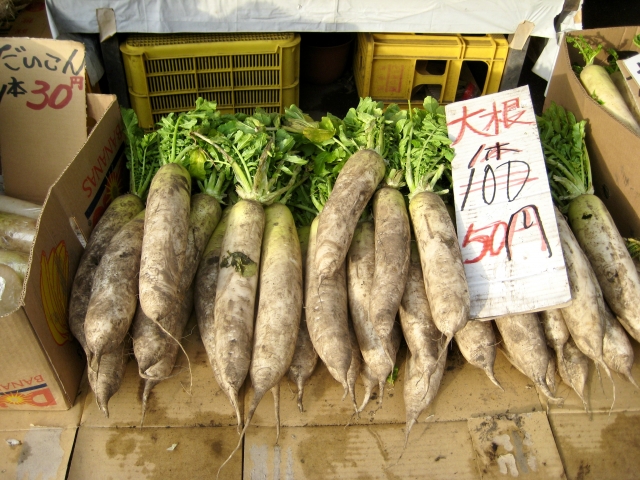
Whether at a busy weekend market or on a quiet country lane, Japan’s local food culture is built on connection and respect.
Every vegetable tells a story—not just of freshness, but of trust between people.
Maybe that’s why they always taste a little better.
FAQ: Farmers’ Markets and Unmanned Veggie Stalls in Japan

Are unmanned veggie stalls common everywhere in Japan?
They’re most common in rural and semi-rural areas. In dense city centers, you’re more likely to see farmers’ markets or small produce shops instead.
Is it safe to use an unmanned stall as a visitor?
Yes—if you follow the posted prices and pay properly. Paying correctly is the key etiquette.
Do farmers’ markets in Japan sell only vegetables?
No. Many also sell fruit, flowers, homemade foods, and local specialties you won’t always see in supermarkets.
What should I do if I don’t have exact change at a stall?
Many stalls don’t provide change. If you can’t pay the exact amount, it’s better to skip and buy elsewhere rather than guess.
Related reads
- Wasabi: Japan’s Spicy Green Condiment
- Types of Sushi in Japan: A Guide to Popular Styles
- Japanese Curry: From Imported Dish to Comfort Food
The Taste of Trust
Whether at a busy weekend market or on a quiet country lane, Japan’s local food culture is built on connection and respect.
Every vegetable tells a story—not just of freshness, but of trust between people. Maybe that’s why they always taste a little better.
